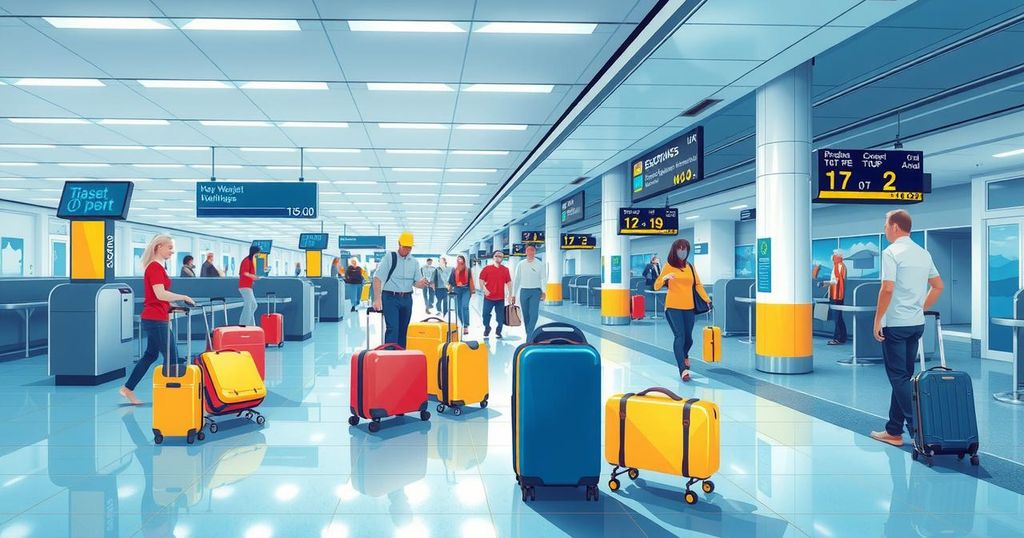Rodrigo Duterte, former President of the Philippines, was arrested for alleged crimes against humanity linked to his anti-drug policies. His detention follows ICC investigations into thousands of killings during his presidency. Despite previously dismissing the ICC’s authority, Duterte expressed acceptance of potential consequences, citing his actions as necessary for peace. The ICC ensures accountability for serious international crimes.
Rodrigo Duterte, the former President of the Philippines, was apprehended on Tuesday as he arrived at Manila’s international airport following a political rally in Hong Kong. At 79 years old, Mr. Duterte was detained by Interpol based on directives from the International Criminal Court (ICC), which is investigating the numerous killings associated with his controversial anti-drug campaign.
The ICC has charged Mr. Duterte with crimes against humanity, citing incidents that occurred from 2011, while he served as mayor of Davao, until 2019, when he retracted the Philippines’ membership from the Rome Statute. Critics perceive this withdrawal as an attempt to escape accountability for his actions during his presidency, where approximately 6,000 deaths were officially reported, although human rights organizations suggest the actual number may surpass 20,000.
In late 2021, the Duterte administration sought to halt the ICC’s investigation, claiming Philippine authorities were addressing the allegations—asserting that the ICC lacked jurisdiction. However, after the ICC’s appeals judges ruled that investigations should recommence, the current Philippine administration under Ferdinand Marcos expressed a willingness to extradite the former president.
During a rally in Hong Kong, Mr. Duterte defended his harsh anti-drug measures, stating, “Why did I do it? For myself? For my family? For you and your children, and for our nation.” He conveyed his readiness to accept any consequences, asserting, “If this is truly my fate in life, it’s okay, I will accept it. They can arrest me, imprison me.” He also claimed that he acted for the peace of the Filipino people and expressed his indifference toward the ICC, saying, “I’m asking the ICC to hurry up… If I’m found guilty, I can go to prison and rot there for all time.”
The International Criminal Court, located in The Hague, Netherlands, intervenes when national authorities are unable or unwilling to prosecute serious crimes such as genocide and crimes against humanity, ensuring accountability for the gravest offenses on an international level.
In conclusion, the arrest of Rodrigo Duterte signifies a significant development in the ongoing scrutiny of his administration’s actions during the anti-narcotics campaign. The charges against him by the ICC reflect serious allegations of crimes against humanity, reinforcing the importance of judicial accountability in addressing international crimes. As this case unfolds, it serves as a reminder of the global community’s commitment to seek justice for victims of extreme human rights violations.
Original Source: www.telegraph.co.uk






